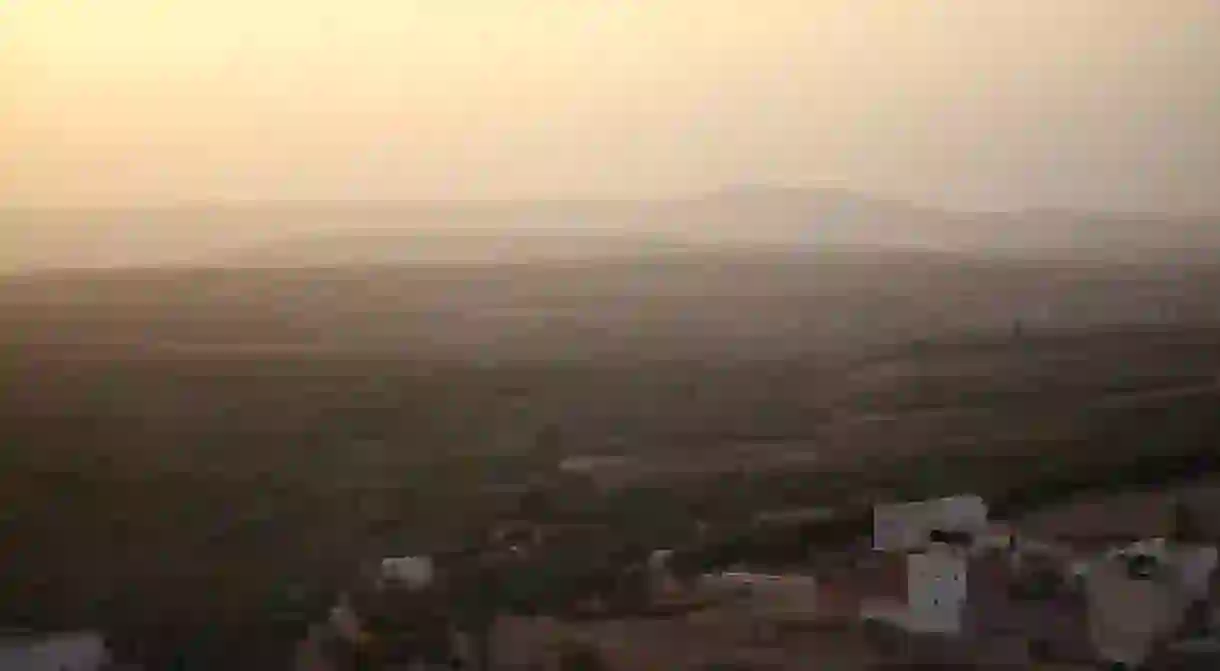How To Celebrate Eid Al-Adha In Morocco

The days leading up to Eid al-Fitr are some of the most exciting, as locals bustle about purchasing sheep, goat and even cows in advance of the sacrifice. So, for travelers arriving in Morocco during this festive time, get involved and enjoy the ambiance. After all, with banks and government offices closed for two days, and other businesses closed for varying times, there is not much to do but eat and be merry.
To the market
Markets are set up throughout cities and small villages, pens are filled with sheep ready for purchase before being transported home by a variety of means – by scooter, donkey, side-saddle bags, cars, the boot of taxis. Quite often the sheep and goats are resisting arrest, so to speak, as they are loaded up. But supplies are also purchased – charcoal for the barbecue to prepare brochettes, terracotta barbecues, and serving ware. Knife sharpeners set up shop throughout town using manually operated wheels.

Where they stay
In the old cities, the sheep are often kept, against their will, tied up on the rooftop terraces. It is common to hear a chorus of bleating throughout the night, which will gradually lessen throughout the morning and typically cease by midday on Eid.

Morning calls
Following the morning prayer, the sacrifice begins. Eid al-Adha is a religious observation honoring the prophet Abraham’s willingness to sacrifice his child before God stepped in and a sheep was sacrificed instead. Today, many locals still sacrifice a sheep in their home in honor of this Old Testament tale, before tucking into an array of special dishes prepared using various parts of the lamb.

Kaftans and traditional attire
As this is a joyous time, an occasion for families and friends to gather, only the finest attire will do. Women, and more specifically little girls, wear traditional kaftans, while men typically wear white abayas with traditional yellow babouche (slippers).
Food galore
This holiday calls not only for lamb specialties – with the vital organs often consumed first – but also biscuits and sweet treats prepared at home and baked at the local community oven. To start the day, locals enjoy a breakfast dish of cracked wheat prepared with condensed milk and butter and sweetened with honey. But expect the table to be filled with 7alwa (cakes/biscuits) as well.

A time for celebration
It’s typical to exchange gifts at this time of year amongst family members. Clothing for everyone and makeup for women are common gifts. Shops and government offices close for a few days, while butchers often take a few weeks off while those who have participated in the sacrifice enjoy fresh cuts.













